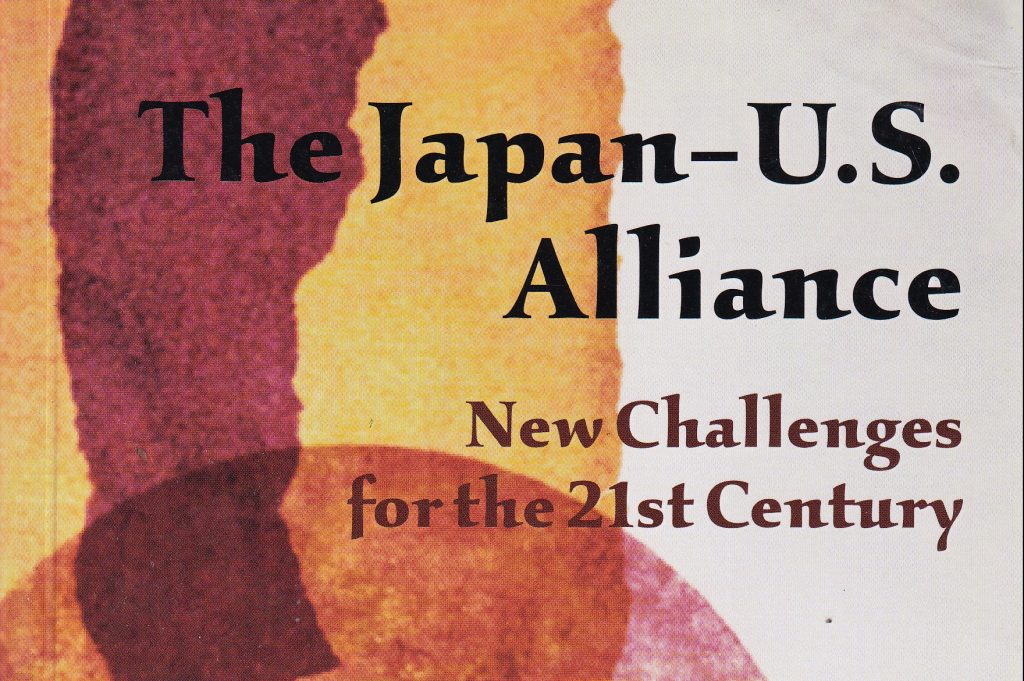THE JAPAN-US ALLIANCE: NEW CHALLENGES IN THE 21st CENTURY
1998–1999
The alliance with the United States is expected to remain the cornerstone of Japan’s security policy for the foreseeable future. That alliance will also be an important factor—arguably the most important factor—for the stability of East Asia. A group of six young scholars examined the various elements that might affect the alliance in the coming decades, including domestic public opinion and politics, international events and their repercussions, tensions between other countries, and cultural outlook. Under the direction of Professor Masashi Nishihara of Japan’s National Defense Academy, the scholars conducted research on the strategies of the two countries toward armed nonstate actors; the security of Southeast Asia as a common agenda in the alliance; the Taiwan issue in Sino-Japanese relations and its impact on the Japan-U.S. alliance; the potential impact of Korean reunification on the U.S. alliance system in East Asia; comparative policies regarding economic sanctions against Myanmar, and the effect of those policies on the Japan-U.S. alliance; and the overall framework of the alliance.
As part of their research, the participants traveled to the United States to discuss their drafts with leading experts on these issues. Their final papers were published by JCIE as an edited volume, Japan-US Alliance: New Challenges for the 21st Century.
This project was conducted as part of the Global ThinkNet Fellows initiative.
STUDY TEAM
Project Director
MASASHI NISHIHARA, President, National Defense Academy
Participants
EIICHI HOSHINO, Professor, University of Ryukyus
NARUSHIGE MICHISHITA, Research Associate, National Institute for Defense Studies, Japan Defense Agency
NAOFUMI MIYASAKA, Lecturer, International Politics, Department of Law, Senshu University
KOJI MURATA, Assistant Professor, American Studies, School of Integrated Arts and Sciences, Hiroshima University
YOSHIFUMI NAKAI, Researcher, Institute of Developing Economies
SUEO SUDO, Professor, Faculty of Culture and Education, University of Saga

